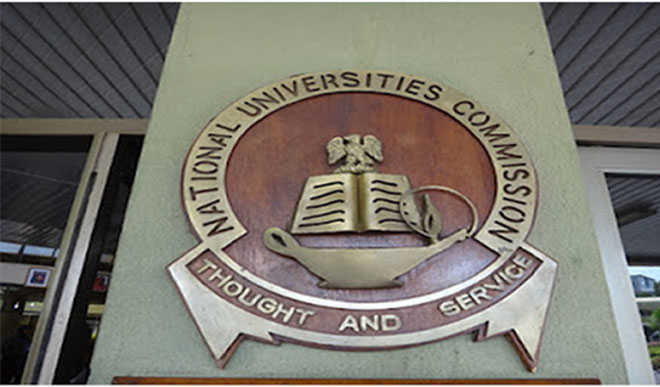LEADS: NUC”s blemishes
As one with abiding interest in the activities of the National Universities Commission and its standing among federal government agencies, one is appalled at reports of the mishandling of the Linkages with Experts and Academics in the Diaspora Scheme (LEADS) programme by the Commission. The programme is designed to bring home Nigerian academics and experts […]


As one with abiding interest in the activities of the National Universities Commission and its standing among federal government agencies, one is appalled at reports of the mishandling of the Linkages with Experts and Academics in the Diaspora Scheme (LEADS) programme by the Commission.
The programme is designed to bring home Nigerian academics and experts in the Diaspora to lecture and lend their expertise in research in selected fields in universities across the country, usually for a period of one academic year or so. They are to be paid stipend among other entitlements such as air passage and accommodation.
However, the petition sent to President Muhammadu Buhari by Professor of Communication, Daniel Awodiya paints a disturbing picture of the scheme’s implementation. Professor Awodiya alleges abandonment by the Commission, non-payment of approved stipend and refund of air fare. More galling is the claim that he had had to follow his file from “office to office” at the Commission, even at that without success. The statement by an official at NUC that the new Executive Secretary was being briefed about “the flight of the scholars” lends credence to professor Awodiya’s complaints. It is a great shame that the programme launched with fanfare by president Jonathan should come to this sorry pass, exposing once again an inability to respect commitments and indifference to the harm that attitude does to both institutional and national reputation.
Perhaps this is the result of the progressive erosion of the authority of the NUC over the university system. For time was when the Commission guided the affairs of the universities with firmness and fairness.
It isn’t as if LEADS is a shiny new programme; it has predecessor. From the late 70s through the 80s the NUC operated the Expatriate Supplementation Scheme (ESS) whereby the salaries of expatriate academics were augmented in order to attract them to serve in our universities. An internal arrangement, it worked seamlessly; the political climate in the country during the 90s might have made Nigeria unattractive to foreign academics, causing it to lapse.
The new management at the NUC must take immediate remedial action to save LEADS and repair its reputation among international academics. And this goes way beyond photo-op session with the new helmsman.
M.T. Usman, a former Director in the National Universities Commission
